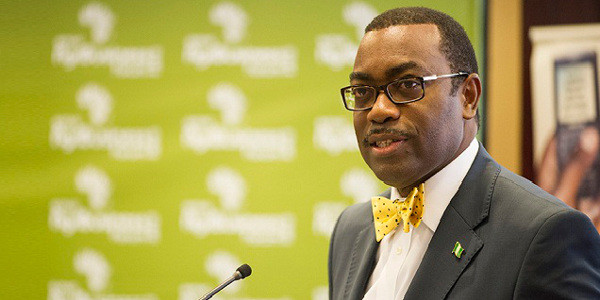On the occasion of World Malaria Day 2018 observed on Wednesday, April 25, the African Development Bank (AfDB) has released “Money and Mosquitoes: The Economics of Malaria in an Age of declining Aid”. Authors include Harvard University’s Nobel laureate economist Eric Maskin; African Development Bank Group Vice-President for Economic Governance and Knowledge Management, Célestin Monga; Josselin Thuilliez of the French National Centre for Scientific Research, and Jean-Claude Berthélémy, Professor of Economics at the University of Paris 1 – Panthéon-Sorbonne and Corresponding Member of the Institut de France.

The report examines financing in the battle against malaria, focusing on the role of foreign aid. It analyses whether or not a disease such as malaria can be controlled or eliminated in Africa without health aid. It also presents a theoretical model of the economics of malaria and shows how health aid can help avoid the “disease trap.” While calling for increased funding from international sources to fight malaria, it also recommends that African countries step up their own efforts, including on domestic resource mobilisation. In 2016, governments of endemic countries contributed 31% of the estimated total of $ 2.7 billion.
Between 2000 and 2014, malaria control efforts were scaled up and worldwide deaths were cut in half. But declining health aid and deprioritised vertical aid (as for malaria), despite its potentially great efficiency, have led to rising numbers of cases. In 2016, 216 million cases of malaria were reported, up from 211 million in 2015. Africa was home to 90% of all malaria cases and 91% of malaria deaths in 2016. Progress appears to have stalled in the global fight against the disease.
“Malaria is bad for business,” AfDB President, Akinwumi Adesina, told the African Leaders Malaria Alliance, a coalition of 49 African Heads of State and Government that was established in 2009 to eliminate malaria by 2030, during the African Union Summit in January. “For this reason, Africa should invest in the local manufacturing of low-cost generic medicines to facilitate access to treatment for its people.”
Malaria strains national economies and impoverishes households, Adesina remarked, adding that the economic impact of the tropical disease costs Africa an estimated $12 billion annually. The gross domestic product of some nations is affected by as much as 5-6%. Of the drugs consumed on the continent, an estimated 79% are imported from India and China whereas if anti-malaria medicines were manufactured locally, they would be affordable for most Africans families.
